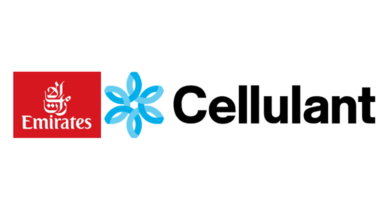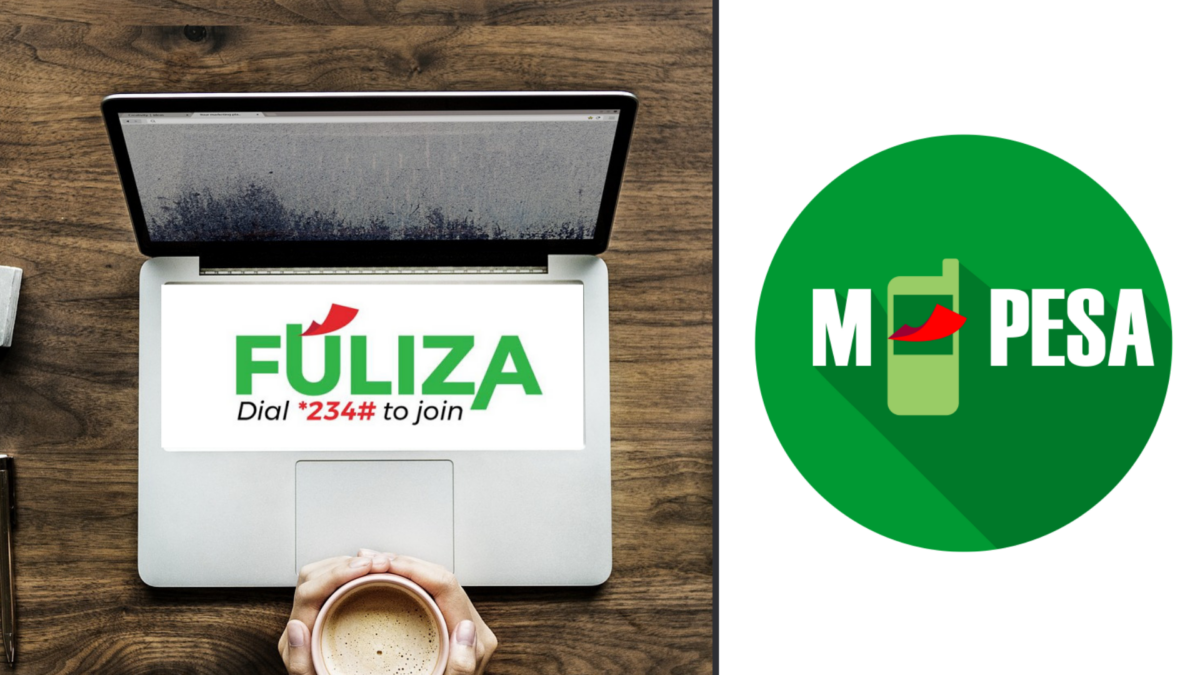
As an African business aiming to leverage Japan’s, China’s and Turkey’s extensive supplier network, manufacturing power and variety of goods, efficient and cost-effective cross-border payments are vital. Payment delays can disrupt supply chains, while high fees reduce profit margins.
Transferring funds between Africa and different markets has traditionally been cumbersome, involving slow transfers, unclear fees, unfavourable exchange rates, and limited currency options. Businesses often face multiple conversions – from local currency KES to US dollars, and then to local currencies like the Yen, Lira and Yuan – each incurring high fees and currency mark-ups.
A lack of direct correspondent banking relationships further exacerbates the issue, leading to international wire transfers that can take weeks, with fees deducted unpredictably along the way. This causes cash flow problems and hampers the ability to build trusted supplier relationships in source markets.
For smaller businesses, the challenges are even greater since opening foreign currency accounts e.g. US dollar accounts, necessary for international payments can be difficult. They often resort to expensive over-the-counter FX services and informal transfer networks, increasing costs and risks. This situation leaves many asking: what is the best way to pay my suppliers in these different markets?
Gladly, there are solutions. Fintech solutions like Verto are transforming how African businesses manage cross-border payments to external markets like Japan, China and Turkey. Two notable offerings are the International Payout and Wallet-to-Wallet transfers, enabling seamless payments to Chinese suppliers from anywhere in Africa. Verto’s International Payout allows payments in local currencies, supporting over 49 currencies, including Chinese Yuan, Japanese Yen and the Turkish Lira.
This not only streamlines the payment process but also offers a cost-effective alternative to traditional bank transfers and wire transactions. It helps avoid excessive currency conversion costs and high bank wire fees.
Additionally other advantages include, being able to build trust with external suppliers by paying them in their own currency, reducing payment costs by up to 85% compared to other traditional methods, integrating seamlessly with online marketplaces and the ability to hold funds in preferred currencies until payment is needed.
by Kevin Ng’ang’a, Country Director, Verto Kenya





